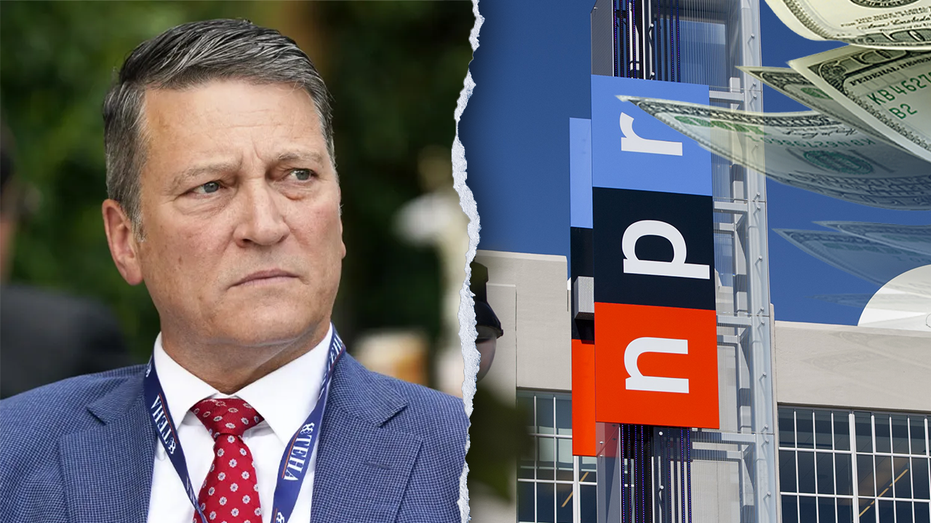House Republican Claims Defunding NPR and PBS 'Finally' Within Reach Amid Ongoing Budget Talks
Texas Republican Ronny Jackson praises Trump's DOGE package, claiming it will finally defund NPR and PBS amid accusations of fake news.

Rep. Ronny Jackson, R-Texas, announced his enthusiastic support for President Donald Trump’s latest initiative to dramatically reduce federal spending—highlighting a proposed $9.4 billion cuts package aimed at defunding NPR and PBS. According to Jackson, the two media outlets, which receive millions in taxpayer dollars, “have become taxpayer-funded propaganda arms of the radical Left” and therefore deserve no further public support.
The White House is preparing to formally send its broad rescissions package to Congress on Tuesday, marking a major step in President Trump’s ongoing effort to trim government expenditures. The proposal specifically targets funding for NPR, PBS, and the U.S. Agency for International Development, as confirmed by an official from the Office of Management and Budget (OMB). Lawmakers will have 45 days to consider the package once it reaches Capitol Hill, or else the proposed cuts will be nullified.
The House Freedom Caucus has already signaled strong backing for the measure, pressing for a swift vote in the House and insisting that action be taken during the week the package is delivered. This reflects a broader Republican commitment to reduce the federal footprint, particularly in areas they view as controversial or politically slanted.
Rep. Jackson emphasized that these cuts are consistent with his own legislative efforts, having introduced bills to defund NPR and PBS every session since his election. He described both networks as “chronically biased” and repeated his pledge to eliminate what he calls “fake news” subsidized by the American people.
“Since being elected to Congress, I’ve led the charge to defund NPR and PBS, which have become taxpayer-funded propaganda arms of the radical Left. They are now nothing more than another fake news media outlet,” Jackson stated. He added, “Under President Trump’s leadership, we’re making good on the promise to end the outrageous practice of forcing hardworking Americans to pay for left-wing attacks on our values, our children, and our president.”
This push comes on the heels of a high-profile House subcommittee hearing in March, where NPR CEO Katherine Maher and PBS President Paula Kerger defended their organizations’ missions and funding. Maher admitted that NPR mishandled its coverage of Hunter Biden’s laptop story, calling it a “mistake” and acknowledging that the outlet failed to take the story seriously in its early stages. Maher also faced scrutiny for previous remarks about President Trump, including highly critical language she later expressed regret over.
PBS was also criticized during the hearing for producing content such as the documentary “Real Boy,” which follows a transgender individual’s exploration of identity—a topic some lawmakers called out as inappropriate for taxpayer-funded programming. After the testimonies, Rep. Marjorie Taylor Greene, R-Ga., decried both outlets as “out of touch with everyday Americans,” telling the committee, “From what we have heard here today, the American people will not continue to allow such propaganda to be funded through the federal government with their hard-earned tax dollars.”
The upcoming congressional debate over the DOGE cuts package promises to be both high-stakes and deeply partisan, centering on questions of media independence, government spending, and the role of public institutions in American life. Supporters argue the cuts are necessary to rein in wasteful spending and prevent “political advocacy masquerading as public service,” while opponents warn that such measures could undermine trusted sources of news and educational programming for millions of Americans.




